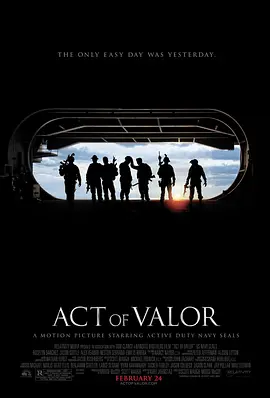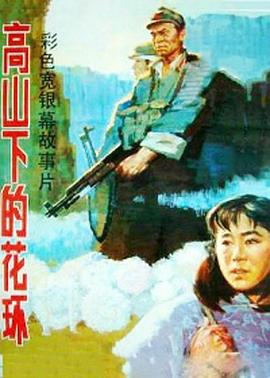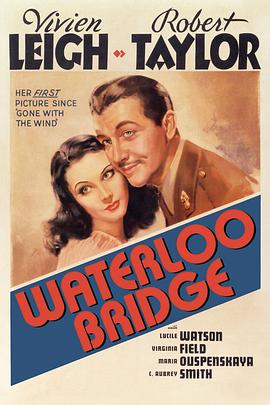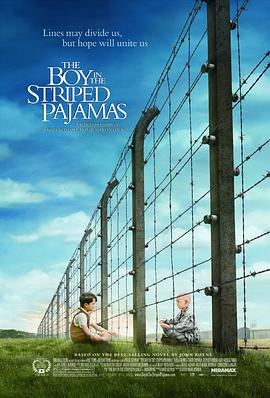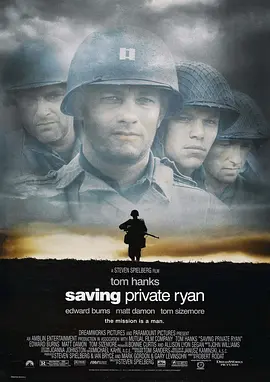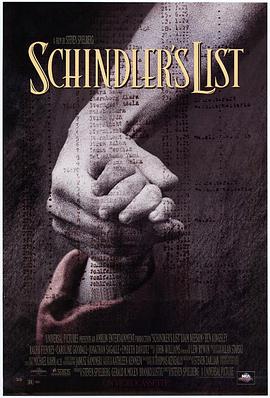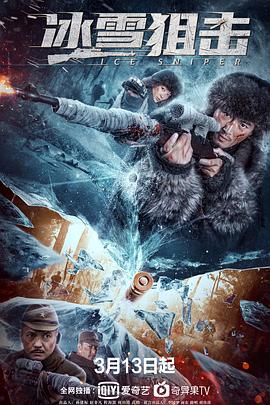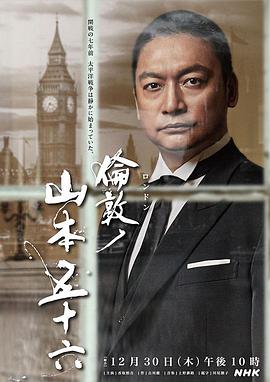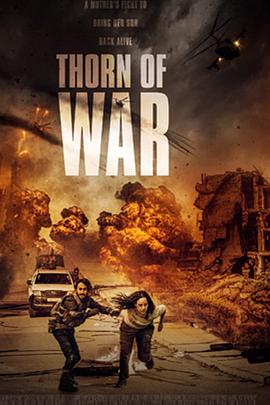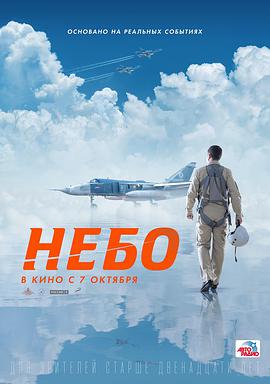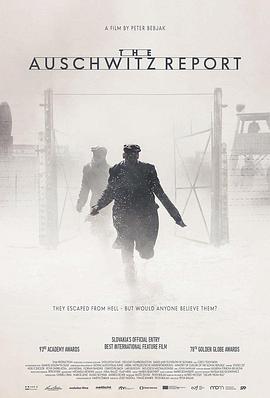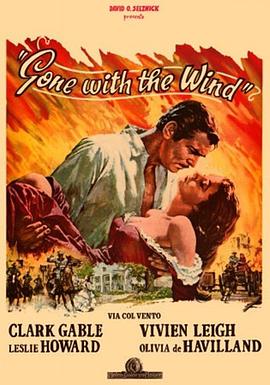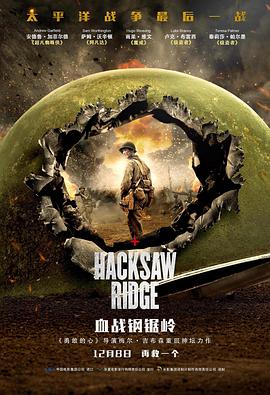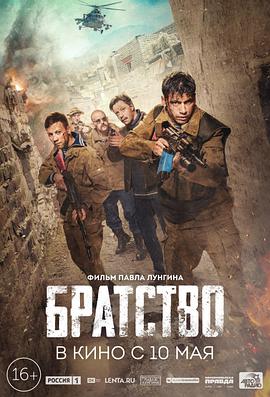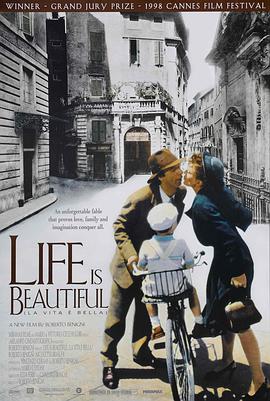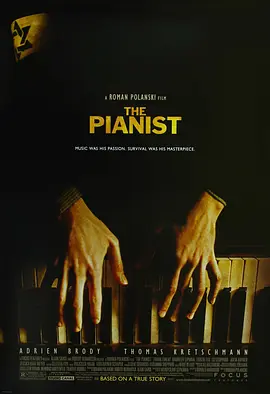
导演:
上映:
未知
备注:
HD
TAG:
未知
剧情:
In 1961, Stanislaw Rozewicz created the novella film "Birth Certificate" in cooperation with his brother, Taduesz Rozewicz as screenwriter. Such brother tandems are rare in the history of film but aside from family ties, Stanislaw (born in 1924) and Taduesz (born in 1921) were mutually bound by their love for the cinema. They were born and grew up in Radomsk, a small town which had "its madmen and its saints" and most importanly, the "Kinema" cinema, as Stanislaw recalls: for him cinema is "heaven, the whole world, enchantment". Tadeusz says he considers cinema both a charming market stall and a mysterious temple. "All this savage land has always attracted and fascinated me," he says. "I am devoured by cinema and I devour cinema; I'm a cinema eater." But Taduesz Rozewicz, an eminent writer, admits this unique form of cooperation was a problem to him: "It is the presence of the other person not only in the process of writing, but at its very core, which is inserperable for me from absolute solitude." Some scenes the brothers wrote together; others were created by the writer himself, following discussions with the director. But from the perspective of time, it is "Birth Certificate", rather than "Echo" or "The Wicked Gate", that Taduesz describes as his most intimate film. This is understandable. The tradgey from September 1939 in Poland was for the Rozewicz brothers their personal "birth certificate". When working on the film, the director said "This time it is all about shaking off, getting rid of the psychological burden which the war was for all of us. ... Cooperation with my brother was in this case easier, as we share many war memories. We wanted to show to adult viewers a picture of war as seen by a child. ... In reality, it is the adults who created the real world of massacres. Children beheld the horrors coming back to life, exhumed from underneath the ground, overwhelming the earth." The principle of composition of "Birth Certificate" is not obvious. When watching a novella film, we tend to think in terms of traditional theatre. We expect that a miniature story will finish with a sharp point; the three film novellas in Rozewicz's work lack this feature. We do not know what will be happen to the boy making his alone through the forest towards the end of "On the Road". We do not know whether in "Letter from the Camp", the help offered by the small heroes to a Soviet prisoner will rescue him from the unknown fate of his compatriots. The fate of the Jewish girl from "Drop of Blood" is also unclear. Will she keep her new impersonation as "Marysia Malinowska"? Or will the Nazis make her into a representative of the "Nordic race"? Those questions were asked by the director for a reason. He preceived war as chaos and perdition, and not as linear history that could be reflected in a plot. Although "Birth Certificate" is saturated with moral content, it does not aim to be a morality play. But with the immense pressure of reality, no varient of fate should be excluded. This approached can be compared wth Krzysztof Kieslowski's "Blind Chance" 25 years later, which pictured dramatic choices of a different era. The film novella "On the Road" has a very sparing plot, but it drew special attention of the reviewers. The ominating overtone of the war films created by the Polish Film School at that time should be kept in mind. Mainly owing to Wajda, those films dealt with romantic heritage. They were permeated with pathos, bitterness, and irony. Rozewicz is an extraordinary artist. When narrating a story about a boy lost in a war zone, carrying some documents from the regiment office as if they were a treasure, the narrator in "On the Road" discovers rough prose where one should find poetry. And suddenly, the irrational touches this rather tame world. The boy, who until that moment resembled a Polish version of the Good Soldier Schweik, sets off, like Don Quixote, for his first and last battle. A critic described it as "an absurd gesture and someone else could surely use it to criticise the Polish style of dying. ... But the Rozewicz brothers do no accuse: they only compose an elegy for the picturesque peasant-soldier, probably the most important veteran of the Polish war of 1939-1945." "Birth Certificate" is not a lofty statement about national imponderabilia. The film reveals a plebeian perspective which Aleksander Jackieqicz once contrasted with those "lyrical lamentations" inherent in the Kordian tradition. However, a historical overview of Rozewicz's work shows that the distinctive style does not signify a fundamental difference in illustrating the Polish September. Just as the memorable scene from Wajda's "Lotna" was in fact an expression of desperation and distress, the same emotions permeate the final scene of "Birth Certificate". These are not ideological concepts, though once described as such and fervently debated, but rather psychological creations. In this specific case, observes Witold Zalewski, it is not about manifesting knightly pride, but about a gesture of a simple man who does not agree to be enslaved. The novella "Drop of Blood" is, with Aleksander Ford's "Border Street", one of the first narrations of the fate of the Polish Jews during the Nazi occupation. The story about a girl literally looking for her place on earth has a dramatic dimension. Especially in the age of today's journalistic disputes, often manipulative, lacking in empathy and imbued with bad will, Rozewicz's story from the past shocks with its authenticity. The small herione of the story is the only one who survives a German raid on her family home. Physical survial does not, however, mean a return to normality. Her frightened departure from the rubbish dump that was her hideout lead her to a ruined apartment. Her walk around it is painful because still fresh signs of life are mixed with evidence of annihilation. Help is needed, but Mirka does not know anyone in the outside world. Her subsequent attempts express the state of the fugitive's spirits - from hope and faith, moving to doubt, a sense of oppression, and thickening fear, and finally to despair. At the same time, the Jewish girl's search for refuge resembles the state of Polish society. The appearance of Mirka results in confusion, and later, trouble. This was already signalled by Rozewicz in an exceptional scene from "Letter from the Camp" in which the boy's neighbour, seeing a fugitive Russian soldier, retreats immediately, admitting that "Now, people worry only about themselves." Such embarassing excuses mask fear. During the occupation, no one feels safe. Neither social status not the aegis of a charity organisation protects against repression. We see the potential guardians of Mirka passing her back and forth among themselves. These are friendly hands but they cannot offer strong support. The story takes place on that thin line between solidarity and heroism. Solidarity arises spontaneously, but only some are capable of heroism. Help for the girl does not always result from compassion; sometimes it is based on past relations and personal ties (a neighbour of the doctor takes in the fugitive for a few days because of past friendship). Rozewicz portrays all of this in a subtle way; even the smallest gesture has significance. Take, for example, the conversation with a stranger on the train: short, as if jotted down on the margin, but so full of tension. And earlier, a peculiar examination of Polishness: the "Holy Father" prayer forced on Mirka by the village boys to check that she is not a Jew. Would not rising to the challenge mean a death sentance? Viewed after many years, "Birth Certificate" discloses yet another quality that is not present in the works of the Polish School, but is prominent in later B-class war films. This is the picture of everyday life during the war and occupation outlined in the three novellas. It harmonises with the logic of speaking about "life after life". Small heroes of Rozewicz suddenly enter the reality of war, with no experience or scale with which to compare it. For them, the present is a natural extension of and at the same time a complete negation of the past. Consider the sleey small-town marketplace, through which armoured columns will shortly pass. Or meet the German motorcyclists, who look like aliens from outer space - a picture taken from an autopsy because this is how Stanislaw and Taduesz perceived the first Germans they ever met. Note the blurred silhouettes of people against a white wall who are being shot - at first they are shocking, but soon they will probably become a part of the grim landscape. In the city centre stands a prisoner camp on a sodden bog ("People perish likes flies; the bodies are transported during the night"); in the street the childern are running after a coal wagon to collect some precious pieces of fuel. There's a bustle around some food (a boy reproaches his younger brother's actions by singing: "The warrant officer's son is begging in front of the church? I'm going to tell mother!"); and the kitchen, which one evening becomes the proscenium of a real drama. And there are the symbols: a bar of chocolate forced upon a boy by a Wehrmacht soldier ("On the Road"); a pair of shoes belonging to Zbyszek's father which the boy spontaneously gives to a Russian fugitive; a priceless slice of bread, ground under the heel of a policeman in the guter ("Letters from the Camp"). As the director put it: "In every film, I communicate my own vision of the world and of the people. Only then the style follows, the defined way of experiencing things." In Birth Certificate, he adds, his approach was driven by the subject: "I attempted to create not only the texture of the document but also to add some poetic element. I know it is risky but as for the merger of documentation and poety, often hidden very deep, if only it manages to make its way onto the screen, it results in what can referred to as 'art'." After 1945, there were numerous films created in Europe that dealt with war and children, including "Somewhere in Europe" ("Valahol Europaban", 1947 by Geza Radvanyi), "Shoeshine" ("Sciescia", 1946 by Vittorio de Sica), and "Childhood of Ivan" ("Iwanowo dietstwo" by Andriej Tarkowski). Yet there were fewer than one would expect. Pursuing a subject so imbued with sentimentalism requires stylistic disipline and a special ability to manage child actors. The author of "Birth Certificate" mastered both - and it was not by chance. Stanislaw Rozewicz was always the beneficent spirit of the film milieu; he could unite people around a common goal. He emanated peace and sensitivity, which flowed to his co-workers and pupils. A film, being a group work, necessitates some form of empathy - tuning in with others. In a biographical documentary about Stanislaw Rozewicz entitled "Walking, Meeting" (1999 by Antoni Krauze), there is a beautiful scene when the director, after a few decades, meets Beata Barszczewska, who plays Mireczka in the novella "Drops of Blood". The woman falls into the arms of the elderly man. They are both moved. He wonders how many years have passed. She answers: "A few years. Not too many." And Rozewicz, with his characteristic smile says: "It is true. We spent this entire time together."收起
影片下载
点击复制下载地址
影片资源版本
http下载1
相关影片
2012战争片美国
HD高清
1984战争片大陆
HD国语
1940战争片美国
费雯·丽 罗伯特·泰勒 露塞尔·沃特森 弗吉尼亚·菲尔德 玛丽亚·彭斯卡娅 C.奥布雷·史密斯 Janet Shaw Janet Waldo Steffi Duna Virginia Carroll Eleanor Stewart Lowden Adams Harry Allen Jimmy Aubrey Phyllis Barry Colin Campbell 丽塔·卡莱尔 里奥.G.卡罗尔 戴维·卡文迪什 大卫·克莱德 汤姆·康威 Frank Dawson Connie Emerald Gilbert
第一次世界大战期间,回国度假的陆军中尉罗伊(罗伯特·泰勒)在滑铁卢桥上邂逅了舞蹈演员玛拉(费雯·丽),两人彼此倾心,爱情迅速升温。就在两人决定结婚之时,罗伊应招回营地,两人被迫分离。由于错过剧团演出,
HD
2008战争片英国 / 美国
HD
1998战争片美国
汤姆·汉克斯 汤姆·塞兹摩尔 爱德华·伯恩斯 巴里·佩珀 亚当·戈德堡 范·迪塞尔 吉奥瓦尼·瑞比西 杰瑞米·戴维斯 马特·达蒙 特德·丹森 保罗·吉亚玛提 丹尼斯·法里纳 马克斯·马蒂尼 丹兰·布鲁诺 丹尼尔·切尔奎拉 迪米特里·格里特萨斯 史蒂夫·格里芬 彼得·迈尔斯 亚当·肖 罗尔夫·萨克森 克里·约翰逊 洛克兰·艾肯 尚恩·约翰逊 莱尔德·曼辛托斯 安德鲁·斯科特 马修·夏普 文森特·沃尔什 约翰·沙拉恩 马丁·哈伯 罗非洛·迪格托勒 恩里奇·雷德曼 米歇尔·埃文斯 内森·菲利安 利兰·奥瑟 大卫
瑞恩(马特•达蒙 Matt Damon饰 )是二战期间的美国伞兵,被困在了敌人后方。更不幸的是,他的三个兄弟全部在战争中死亡,如果他也遇难,家中的老母亲将无依无靠。
HD
1993战争片美国
HD
2022战争片中国大陆
HD
2021战争片日本
HD
2021战争片摩洛哥
一名10多歲的青少年在網上被極端組織洗腦,決定離開敘利亞,加入反政府軍。他的母親為了把他帶回家,偽裝成記者進入戰區,最後被庫爾德武裝分子包圍。在民兵的伏擊下倖存下來後,她目睹了一場毀滅性的戰爭和痛苦的
HD
2021战争片俄罗斯
HD
2020战争片斯洛伐克,捷克,波兰,德国
HD
1939战争片美国
费雯·丽 克拉克·盖博 奥利维娅·德哈维兰 托马斯·米切尔 芭芭拉·欧内尔 伊夫林·凯耶斯 安·卢瑟福德 乔治·里弗斯 弗莱德·克莱恩 海蒂·麦克丹尼尔斯 奥斯卡·波尔克 巴特弗莱·麦昆 维克托·乔里 埃弗雷特·布朗 霍华德·C·希克曼 艾丽西亚·瑞特 莱斯利·霍华德 兰德·布鲁克斯 卡洛尔·奈 劳拉·霍普·克鲁斯 埃迪·安德森 哈里·达文波特 利昂娜·罗伯特 简·达威尔 欧娜·满森 保罗·赫斯特 伊莎贝尔·朱尔 卡米·金·肯伦 艾瑞克·林登 J·M·克里根 沃德·邦德 莉莲·肯布尔-库珀
美国南北战争前夕,南方农场塔拉庄园的千金斯嘉丽(费雯·丽 Vivien Leigh 饰)爱上了另一个农场主的儿子艾希礼(莱斯利·霍华德 Leslie Howard 饰),遭到了拒绝,为了报复,她嫁给了
HD
2016战争片澳大利亚 / 美国
HD
2019战争片俄罗斯
时值1988年与1989年之交,苏阿战争即将结束,苏维埃社会主义共和国联盟陆续从阿富汗撤军。然而,飞行员亚历山大,苏军将领瓦西里耶夫的儿子,在一次飞机失事中被穆斯林游击队虏获。因此,在回到阔别已久的家
HD
1997战争片意大利
罗伯托·贝尼尼 尼可莱塔·布拉斯基 乔治·坎塔里尼 朱斯蒂诺·杜拉诺 赛尔乔·比尼·布斯特里克 玛丽萨·帕雷德斯 霍斯特·布赫霍尔茨 利迪娅·阿方西 朱利亚娜·洛约迪切 亚美利哥·丰塔尼 彼得·德·席尔瓦 弗朗西斯·古佐 拉法埃拉·莱博罗尼 克劳迪奥·阿方西 吉尔·巴罗尼 马西莫·比安奇 恩尼奥·孔萨尔维 吉安卡尔洛·科森蒂诺 阿伦·克雷格 汉尼斯·赫尔曼 弗兰科·梅斯科利尼 安东尼奥·普雷斯特 吉娜·诺维勒 理查德·塞梅尔 安德烈提多娜 迪尔克·范登贝格 奥梅罗·安东努蒂
犹太青年圭多(罗伯托·贝尼尼)邂逅美丽的女教师多拉(尼可莱塔·布拉斯基),他彬彬有礼的向多拉鞠躬:“早安!公主!”。历经诸多令人啼笑皆非的周折后,天遂人愿,两人幸福美满的生活在一起。
HD

